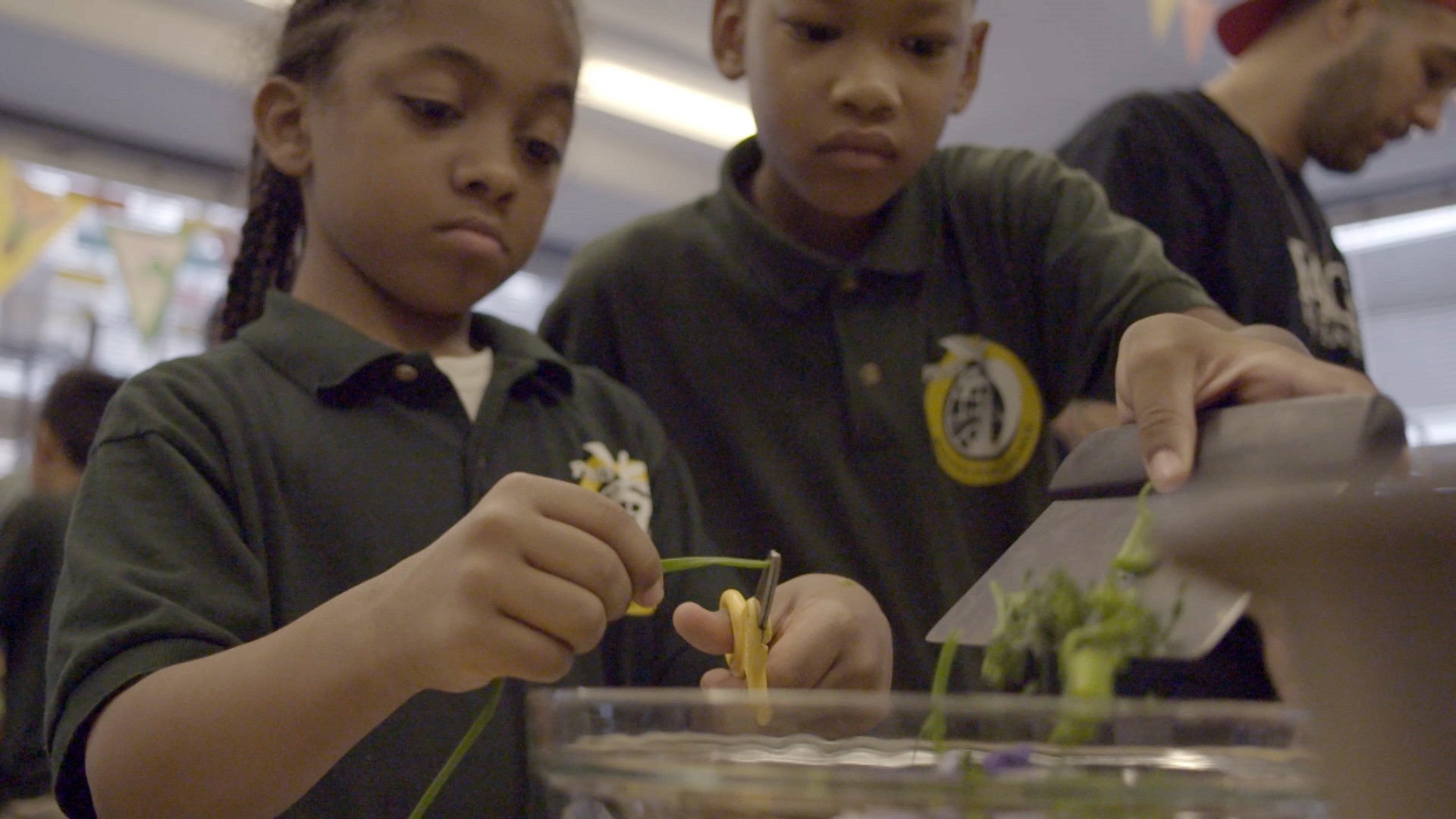Photo by Steve Debenport via iStock/Getty Images Plus
"A nine-year-old boy is making a difference for his peers in Napa, California," ABC7 News reported yesterday. After a conversation with his mother about classmates who couldn't pay for their school lunches, Ryan Kirkpatrick, a third-grader at West Park Elementary School, decided to pay off their debts himself. He used $75 from his own allowance to get his classmates in the black, instead of using it for sports equipment, as he typically spends his allowance.The act was undoubtedly out of the ordinary, and the kid was clearly raised with compassion and kindness in mind. And while that's all worthy of celebrating, there's a bigger reality that's ignored by framing the story as a piece of feel-good inspiration: Children are in debt, and families can’t afford to eat, and one kid's thoughtful actions shouldn't allow us to forget what that really means about America.The criticism to the story's framing has been loud and vocal: "These types of stories are not inspiring, they demonstrate a complete and profound political and societal failure," wrote writer Erick Fernandez, while author Umair Haque commented, "'Lunch debt,’ what is even wrong with this country."But still, several reactions to the story were celebratory. When it was shared by The Hill, comments included "What a kind gesture!" and "This story is about a 9 year old—showing EVERYONE what actually makes this country a great one." Ryan’s generosity is heartwarming, sure, but how great can a country really be when the act of eating lunch puts children in debt—to the point where 75 percent of school districts now report unpaid meal balances, which can in some cases even prevent students from picking up their diplomas or graduating at all?The problem extends beyond school lunch costs: This story was filed away in ABC's "Feel Good" section, where you'll also find stories like "Home Depot employees build walker for 2-year-old boy out of PVC pipe" and "Man buys paper for grandson's school after they run out for year." Examples like this are echoed across the internet if you search the phrase "good news," and these little doses of positivity deserve a spotlight. But framing them as inspirational only pushes us further and further into a bleak dystopia where debt is inescapable, even in elementary school; a walker hacked together from PVC pipes is a necessary response to health insurance policies that won't pay out for patients in pain; and schools are so underfunded that they can't afford basic necessities like paper. That perspective puts the responsibility for fixing things on individuals who are able or willing to do more, instead of the governments and corporations that set the terms of our world.There is a point to "feel good" news, obviously, and it's that the actual news rarely feels good. A transgender woman of color named Layleen Polanco was found dead in her cell in Rikers Island on Friday. Twenty-four immigrants have died in ICE custody since the start of the Trump administration. Fish are dying with guts full of plastic. According to a new report, there's a "high likelihood of human civilization coming to an end" starting in 2050.But the way to alleviate these concerns about the state of the world isn't spinning fundamentally horrifying stories into something positive. And children should have a chance to be kids, not the people tasked with fixing political problems or figureheads spreading unquestioned political agendas, like the seven-year-old boy selling hot chocolate to fund the Border Wall who has raised at least $22,000 to date.Inspirational fodder tells us that through self-sacrifice and selfless action, we can live within broken systems, but what it doesn't do is ask why people need to do those things at all. It's nice, of course, that this child extended his kindness to pay off lunch debt—but wouldn't it be great if he didn't have to do that in the first place?
Advertisement
Advertisement

